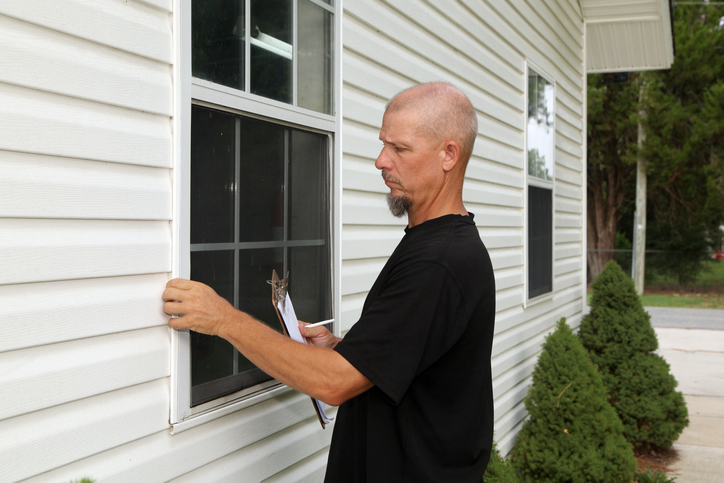4 Best Practices for Advising Clients After Home Inspection Training
February 15, 2023
Once you become a Home Inspector, you will play an important role in a home buyer’s decision-making process, advising them on the home’s condition so they can make an informed purchasing decision. There are several best practices you should employ when advising future clients. These are rooted in excellent communication skills that your home inspector training will help you develop. Through them, you’ll be able to deliver the best possible service to your clients.
If you want to learn about these best practices, keep reading!
1. Don’t Overpromise and Underdeliver
As a Home Inspector, there will be things that you won’t be able to do while on the job. During your Home Inspector course, you’ll discover what those things are. For example, you can’t destroy or damage any property to inspect an aspect of the home. If it’s inaccessible, then it remains so. It’s important to make this clear to clients so they understand the full scope of your work and capabilities. If you tell them that you can do something when in fact, you know you can’t, you will be over-promising. Be sure to be clear in your communication because if you aren’t, this will lead to disappointment on the client’s side.

2. Maintain Professionalism After Home Inspector Training
You will inevitably encounter challenging clients during your time as a Home Inspector, but it’s how you communicate with them that’s important. You need to maintain your composure and act professionally at all times. During your training, you will learn various beneficial communication techniques. With unhappy clients, it will be vital to draw on them to navigate the situations professionally.
For example, if a client would like you to inspect an area that you’re unable to–whether it is unsafe or inaccessible–you can draw upon your communication skills to explain to the client that you’re not able to inspect that specific area and describe the reasons why. Providing a detailed explanation will allow the client to fully understand the scope of your work and why you’re unable to inspect some areas of a home. You may also suggest alternative options to the client, helping them get what they need without putting yourself at risk.
3. Ensure Clients Are Present During Home Inspections
This one might seem obvious, but it is important to try to do it with every client you have. When a client is there with you while you conduct the home inspection, they can ask questions and learn more about the process overall. If they only get the report, even if it is detailed and done thoroughly, it may not address a concern they would have had if they had been there. Utilizing the communication skills you mastered in training, you can accurately explain the situation to them during the inspection. This will help alleviate any concerns the client has and allow you to draw attention to what they should or should not be concerned about.

4. Always Be Transparent and Honest
When you become a Home Inspector, you will play a significant role in a client’s home buying decision. It’s essential to maintain transparency at all times about the situation of the home you’re inspecting. During Home Inspector training, you’ll be taught the value of transparency and clear communication with clients.
For example, you may find yourself working alongside a realtor that’s eager to make the sale. Having integrity means that if the inspection report comes up with issues, you must always be transparent about them to the client–putting them first. While the realtor may want to make the sale despite the issues, it is your responsibility to bring them to the clients’ attention regardless, allowing them to make the final decisions with a complete understanding of the home’s condition. Transparency is important in any role, but especially so when clients are making one of the most significant purchases of their lives and are entrusting you to provide all of the details needed to make an informed decision.
Are you ready to begin a Home Inspector Diploma program?
Contact NATS to learn how you can get started.





